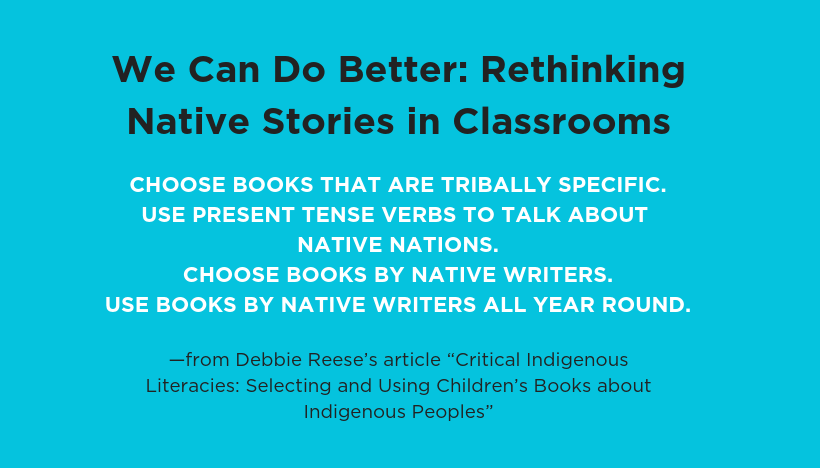How often have you read a middle grade mystery novel that had you in tears just a few pages after making you laugh? That's what happened when I spent yesterday with an ARC of Michael Hutchinson's new Mighty Muskrats Mystery,
The Case of the Missing Auntie (Second Story Press, 2019)
.
In
The Case of Windy Lake, Hutchinson introduced four mystery-solving Cree cousins: Atim, Chickadee, Samuel, and Otter, known in their community as the Mighty Muskrats. Now he has the Muskrats head for the Big City to visit some more cousins, and to attend a big event called the Exhibition Fair. Hutchinson reveals a bit more about each character this time, along with a lot more about historical and contemporary Indigenous experience in the part of the world currently known as Canada.
Chickadee looks forward to the Exhibition (the Ex), but she's also on a mission. Their Grandpa has told her about his younger sister who was taken from a boarding school decades ago, and lost in "The Scoop" The family hasn't seen or heard from her since, and he wants very much to find her. "The Scoop" is the informal name for a set of Canadian policies that resulted in many First Nations children disappearing, forever separated from their families. Chickadee is determined to find out what happened to Auntie Charlotte, even if that means she has to guilt-trip her cousins into helping her. And even if she has to navigate the city transit system alone while Atim, Samuel, and Otter try to find a ticket for Otter to a sold-out concert by their favorite Indigenous band.
Hutchinson's storytelling is engaging. The kids find some good allies and face some unexpected challenges, even dangers. To say more about the plot lines might give something away. So.
Windy Lake featured some standout prose, and Hutchinson's way with words is evident in
Missing Auntie as well. Here are a couple of examples.
a) Chickadee and her older cousin Harold are talking at breakfast about the contrasts between the Windy Lake reserve and the city. Harold says, "City people don't seem to know there is a different life out there. It's like the city mouse killed the country mouse and forgot he ever existed. Our people can get lost in the city." That sly reference to one of Aesop's fables made me smile and think, "Funny!" and "Yikes!" at the same time.
b) And here's part of the description of an arcade and pool hall the Muskrats enter during their effort to get that concert ticket for Otter: "The Crystal Palace was a mixture of deep shadows, colorful neon, and arcade lights. It smelled like the ghosts of greasy burgers and spilled pop....A palisade of pool sticks lined the outside walls. A scattering of players focused on their games. The smack and click of pool balls colliding kept a random tempo."
But you don't get the impression that Hutchinson is bashing urban life -- the Muskrats meet some good people, people of subtle courage and outright heroism, along with racists, criminals, and people who have lost themselves. It's clear that the city can be a combination of the strange, the unfriendly, the wondrous, and the ordinary. And the characters of the Muskrats are developing, too, in ways that are easy to appreciate. These are good-hearted, caring, smart young people, but they're all individuals.
Hutchinson also weaves in factual information as the kids sort out what happened to their Grandpa's little sister. Occasionally that can seem like a lot of exposition, but some readers won't know otherwise about the boarding schools and the Scoop, about present-day bureaucracy, about Canada's Truth and Reconciliation Commission, and about how the old racist policies continue to affect First Nations families today.
I found the ending to be realistic and satisfying, even though it unfolded in a way I didn't expect. Overall,
Missing Auntie is a good read, with an emotional "punch," and I can hardly wait for the Mighty Muskrats to take their next case. But
Missing Auntie won't be out until spring 2020.
Preorder your copy now from Second Story Press!








